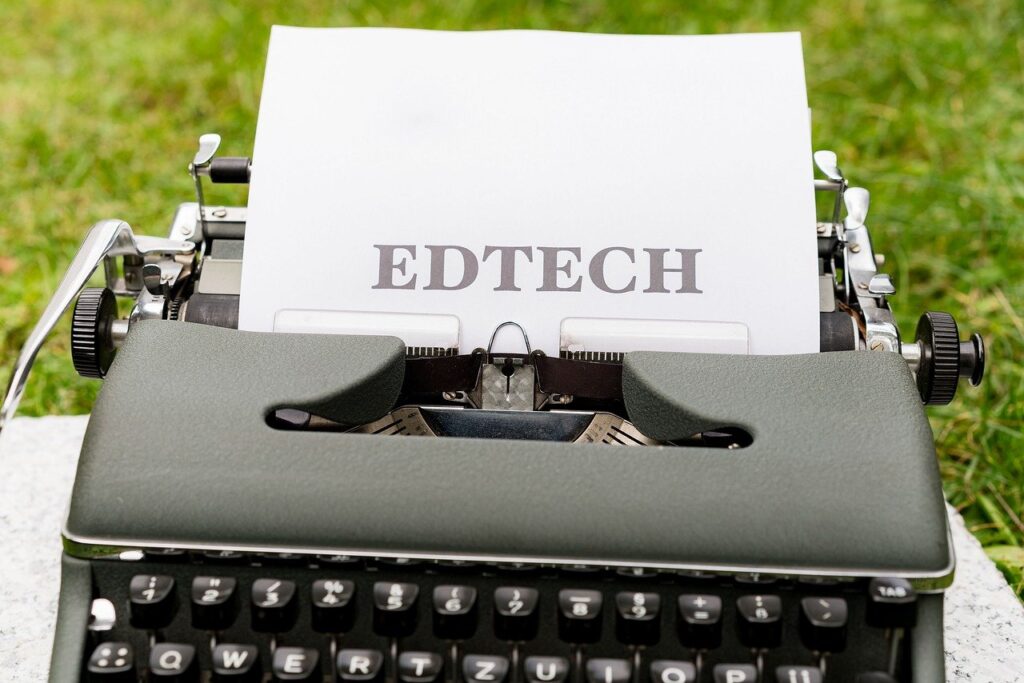In today’s fast-paced world, education is no longer just about memorizing facts and passing exams. The focus has shifted towards equipping students with skills that are essential for success in the 21st century. STEAM education—which integrates Science, Technology, Engineering, Arts, and Mathematics—has emerged as a key approach to developing these critical skills. At EduRishi, we go a step further by ensuring that our Learning and Assessment Program (ELAP) not only covers the essential STEAM subjects but also connects them with real-world applications, preparing students for the challenges and opportunities of the future.
The Importance of STEAM Education
STEAM education is designed to foster a holistic understanding of the world, encouraging students to think critically, solve complex problems, and innovate. By blending the analytical rigor of STEM (Science, Technology, Engineering, Mathematics) with the creativity of the Arts, STEAM education promotes a more well-rounded and versatile skill set. This approach is essential in a world where technological advancements and interdisciplinary thinking are driving progress in almost every field.
Connecting STEAM with Real-World Skills
While STEAM education provides a strong foundation, it is the connection between academic concepts and real-world applications that truly prepares students for success. EduRishi’s ELAP is meticulously designed to bridge this gap, helping students apply what they learn in the classroom to real-world scenarios.
- Project-Based Learning with Real-World Applications
ELAP emphasizes project-based learning (PBL), where students engage in hands-on projects that simulate real-life challenges. For instance, a project might involve designing a sustainable energy solution or developing a prototype for a new product. Through these projects, students not only learn the theoretical aspects of STEAM subjects but also how to apply them in practical, meaningful ways. - Critical Thinking and Problem-Solving
ELAP encourages students to tackle complex problems that require innovative solutions. By working through real-world challenges, students develop critical thinking and problem-solving skills that are crucial in today’s workforce. Whether it’s debugging a piece of code, conducting a scientific experiment, or creating an art installation that communicates a social issue, students learn to approach problems from multiple angles and devise effective solutions. - Interdisciplinary Learning
In the real world, challenges are rarely confined to a single discipline. ELAP’s multidisciplinary approach helps students see the connections between different fields. For example, a project might require knowledge of mathematics to calculate measurements, understanding of technology to create a digital model, and artistic skills to present the final design. This interdisciplinary learning prepares students to work in diverse teams and adapt to various roles in their future careers. - Collaboration and Communication
Real-world problems are often solved through collaboration. ELAP promotes teamwork by encouraging students to work together on projects, share ideas, and present their findings. This not only enhances their communication skills but also teaches them the importance of collaboration in achieving common goals. Through group projects and inter-school competitions, students learn to articulate their ideas, listen to others, and work effectively as part of a team. - Innovation and Creativity
The integration of the Arts in STEAM is not just about creativity for creativity’s sake—it’s about fostering innovation. ELAP encourages students to think outside the box and come up with creative solutions to problems. Whether they are designing an app, creating a digital art piece, or engineering a new device, students are pushed to innovate and bring their ideas to life.
How EduRishi’s ELAP Prepares Students for the Future
EduRishi’s Learning and Assessment Program (ELAP) is more than just a curriculum—it’s a comprehensive platform designed to prepare students for the future. By integrating STEAM education with real-world applications, ELAP helps students develop the skills they need to succeed in a rapidly changing world. Here’s how ELAP stands out:
- Real-World Projects
ELAP’s curriculum includes a wide range of real-world projects that challenge students to apply their knowledge and skills in practical scenarios. These projects are designed to be relevant to today’s world, covering topics such as sustainability, technology, and social impact. - Advanced Technology Integration
ELAP incorporates cutting-edge technologies such as AR, VR, and AI to enhance learning and simulate real-world environments. This not only makes learning more engaging but also gives students hands-on experience with the tools they will encounter in the future. - Continuous Assessment and Feedback
ELAP’s assessment model provides continuous feedback, helping students understand their strengths and areas for improvement. This ongoing evaluation ensures that students are always progressing and refining their skills. - Focus on Future-Ready Skills
Beyond the core academic subjects, ELAP focuses on developing future-ready skills such as coding, digital literacy, and data analysis. These skills are essential for success in almost any career, making ELAP graduates well-prepared for the challenges of the modern workforce.
Conclusion
In a world where the lines between disciplines are increasingly blurred, the ability to connect academic knowledge with real-world skills is more important than ever. EduRishi’s ELAP is at the forefront of this educational evolution, providing students with a robust STEAM education that is deeply connected to the real world. By fostering critical thinking, problem-solving, creativity, and collaboration, ELAP prepares students not just for exams, but for life.



